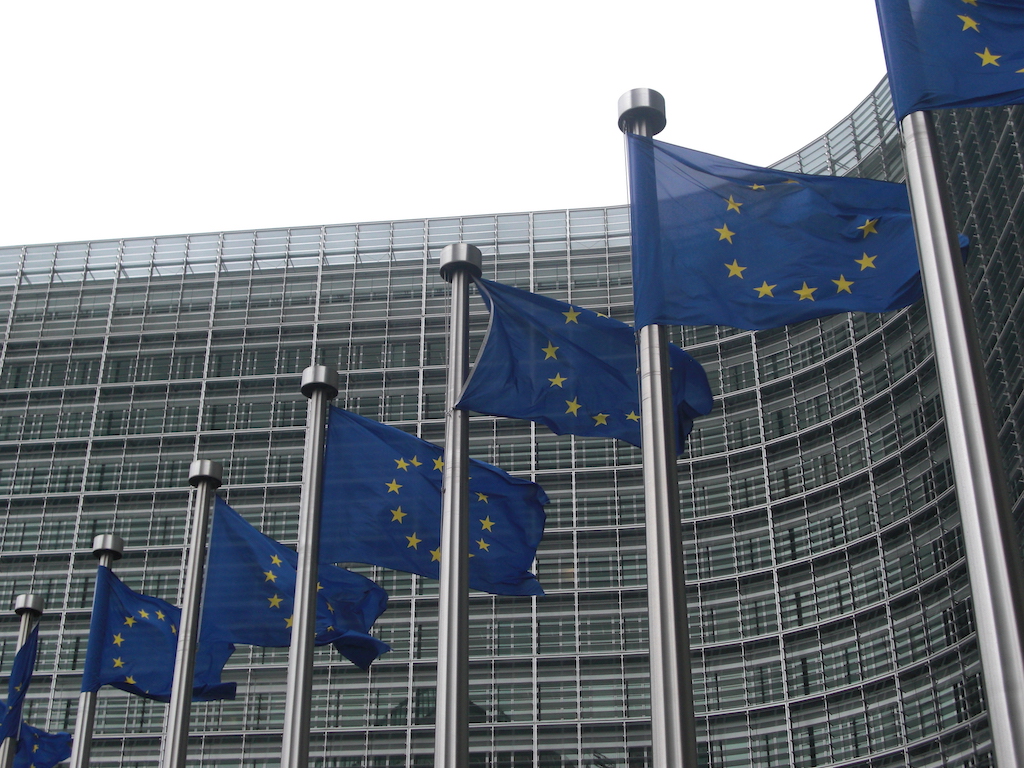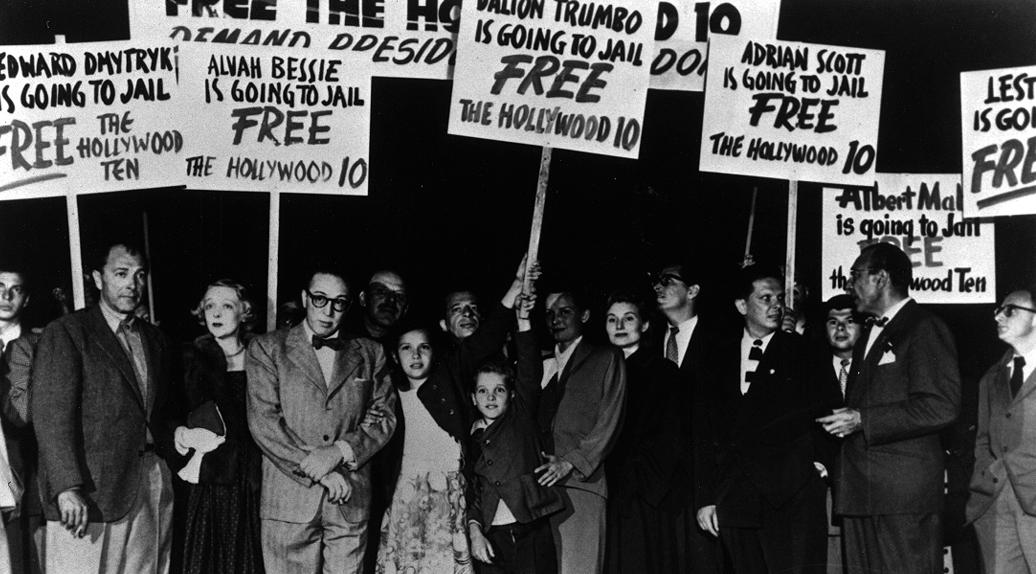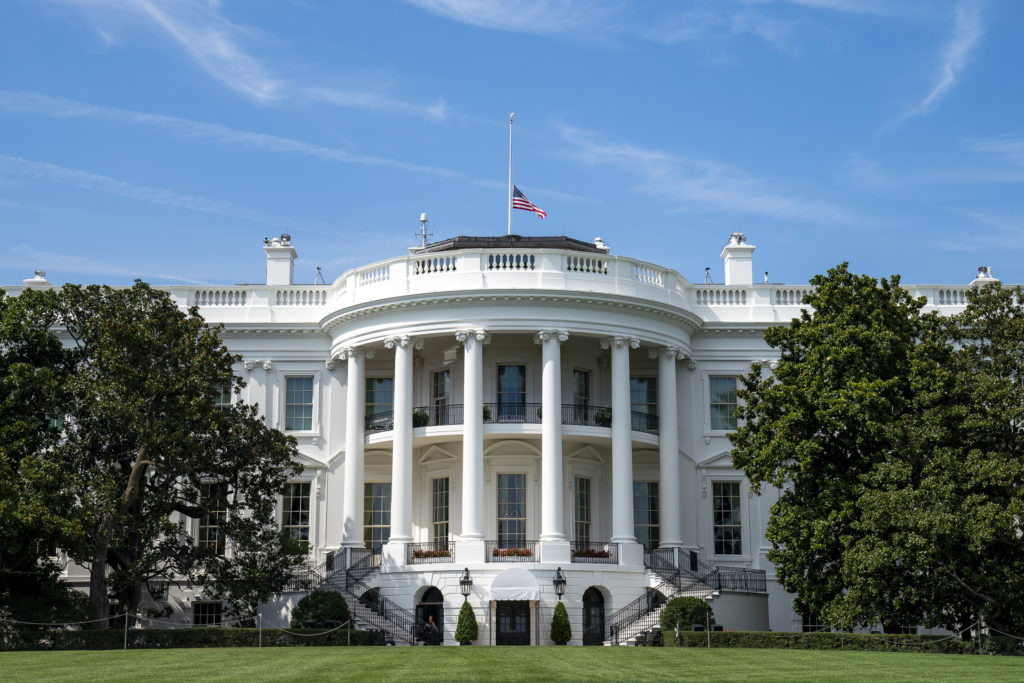The European Union Steps Up its Fight Against Fake News
On Nov. 13, the European Commission announced it was looking for public input and setting up a High-Level Expert Group to develop a strategy to tackle the spread of fake news. This sign is the latest in a series of signals that the European Union is stepping up its response to the threat of disinformation. In announcing the new initiatives, the commission said that intentionally misleading news was “an increasing problem for the functioning of our democracies, affecting peoples’ understanding of reality.”

Published by The Lawfare Institute
in Cooperation With

On Nov. 13, the European Commission announced it was looking for public input and setting up a High-Level Expert Group to develop a strategy to tackle the spread of fake news. This sign is the latest in a series of signals that the European Union is stepping up its response to the threat of disinformation. In announcing the new initiatives, the commission said that intentionally misleading news was “an increasing problem for the functioning of our democracies, affecting peoples’ understanding of reality.”
A New EU-Level Strategy
The commission’s vice-president, Frans Timmermans, justified the need for a new EU-level strategy because in the modern era, “the flow of information and misinformation has become almost overwhelming.” The strategy’s development will draw on public feedback and an expert group representing academia, online platforms, media and civil society. The process is set to move quickly: Applications to be part of the expert group are open until mid-December, the group is expected to start work in January, the public consultation will continue until mid-February, and the new strategy is set to be released by spring of next year.
While the EU recognized the threat of disinformation campaigns early, previous efforts to counter its effects were somewhat limited. These latest steps suggest that the EU is looking to counter the problem of disinformation more aggressively in the future.
Past Initiatives: A Task Force on the Front Lines with Limited Reinforcements
Two-and-a-half years before this month’s Congressional hearings on Russian influence operations on social media during the 2016 election, the EU was considering its own response to aggressive Russian disinformation campaigns.
The hostile and disruptive use of Russian propaganda during its annexation of Crimea and violent conflict in Ukraine brought European concerns to a head. In March 2015, the European Council tasked the EU’s chief diplomat, Federica Mogherini, with establishing a communication team and action-plan on strategic communication to counter Russian propaganda efforts. The East StratCom Task Force was the result. The task force represents one model of how to counter disinformation, but the under-resourced team has failed to ease the concerns of member-states and experts who are concerned with Russia’s continuing efforts to disseminate false information and sow distrust in political institutions and civil society.
East StratCom represents the European Council’s recognition of the serious threat that Russian disinformation operations pose. Its action plan, presented in June 2015, outlined three objectives: increasing effective communication of the positive messages regarding EU policies towards Eastern European neighbors, strengthening the overall media environment, and improving capacity to forecast and respond to disinformation activities. These are ambitious goals that could make a meaningful contribution to countering Russian information warfare.
On the other hand, East StratCom currently has only 14 full-time staff and no separate budget. Reporting by the New York Times in 2015 suggested that the Russian Internet Research Agency, a Russian government troll farm, had 400 staff. East StratCom’s “flagship products” are a weekly newsletter debunking false information and two social-media accounts. A 2016 report from the directorate-general for external policies about EU efforts to counteract propaganda boasted that the @EUvsDisinfo account had nearly 7,000 followers. In November 2017, the account has 31,100 followers. (For reference, @lawfareblog has 110,000 followers. @RT_com, the Russian news network, has 2.65 million.)
The task force has made some meaningful contributions to the efforts to counter disinformation warfare. Over the course of its operation, East StratCom has identified over 3,500 disinformation cases—by far, the majority of these were in Ukraine (1,537) and Russia (1,325). In the EU itself, there were 654 reports of pro-Kremlin disinformation, and 836 in the United States. These statistics highlight the global nature of the problem, and the benefit of having a body working on disinformation beyond a single country’s borders. East StratCom is also able to offer the weekly newsletter, the Disinformation Review, in 18 languages and many of the task force team members speak Russian—this attention to non-English disinformation is crucial and is the kind of effort that a collaborative body with multi-state support is well-positioned to carry out. East StratCom’s supranational view also allows it to provide valuable insights into the broader strategy and goals of pro-Kremlin disinformation operations because it can see them as a cohesive whole, rather than isolated incidents in individual countries.
The Need for A More Determined Response
As East StratCom states itself, disinformation campaigns have been “extremely successful” in their aim to “weaken and destabilise the West.” At best, then, East StratCom is a bandaid solution to a serious threat. While the task force does not publish counterpropaganda and is strictly a communications outfit, the New York Times has reported that some staff have received death threats. They are also the first to admit they are outgunned. They have been sent out to the front lines of one of the most important conflict zones in modern times poorly equipped and with no obvious back-up.
East StratCom is commendable as an early, proactive effort to counter Russian disinformation in the modern era. But while the European Council as a body was concerned early with the effect of disinformation operations in Europe, this concern was not shared equally by all members and, as a result, its operations were not adequately resourced. Some EU members were concerned that the team would upset the delicate balance of the bloc’s relationship with Russia. Some reports say that other states were unpersuaded of the threat; according to one official, Germany was “not entirely convinced there was a problem.” However, renewed global focus on the harm of Russian propaganda, spurred in large part by the revelations about Russia’s efforts during the 2016 U.S. presidential election, seems to have caused members and the EU to reevaluate.
In late November 2016, the European Parliament called for greater strategic communication efforts and emphasized the need to ensure sufficient financing of East StratCom. Some additional funding was made available at the beginning of 2017 but only within the general external-action service budget and not as a standalone appropriation. In March,123 prominent European security experts, journalists and lawmakers sent Mogherini an open letter criticizing the EU’s “irresponsibly weak” reaction to the “brutally aggressive disinformation campaign.” The letter called for a tripling of the capacity of East StratCom and providing it with its own budget in the millions so that it could start fulfilling its mandate. The letter charged that “the E.U. spends literally nothing on countering one of the biggest challenges of our world today – a hostile disinformation campaign, which is successfully undermining our democratic societies.”
Signs of Future Legal Measures?
The announcement of the new comment period suggests that the EU is looking for a bolder strategy in response to these most recent calls. In May 2017, President Jean-Claude Junker tasked Europe’s commissioner for the digital economy and society, Mariya Gabriel, with an investigation of the challenges created by the spread of fake information on online platforms. In June 2017, the European Parliament more explicitly called for the commission to analyze the legal framework that currently apply to fake news and its countermeasures and to investigate possible legislative solutions. Therefore, it is possible that the EU strategy to be announced next year will include new laws directed at the issue.
One complication will be how this multi-state strategy will interact with the unilateral measures that states are taking in response to the problem. Germany has already enacted its own legislation to target fake news on social media; that law went into effect last month. The U.K. is also currently undertaking a consultation process on its own legislative response. In this more crowded space, it seems, at least, that East StratCom will no longer be quite so lonely in its battle against the onslaught of disinformation.





